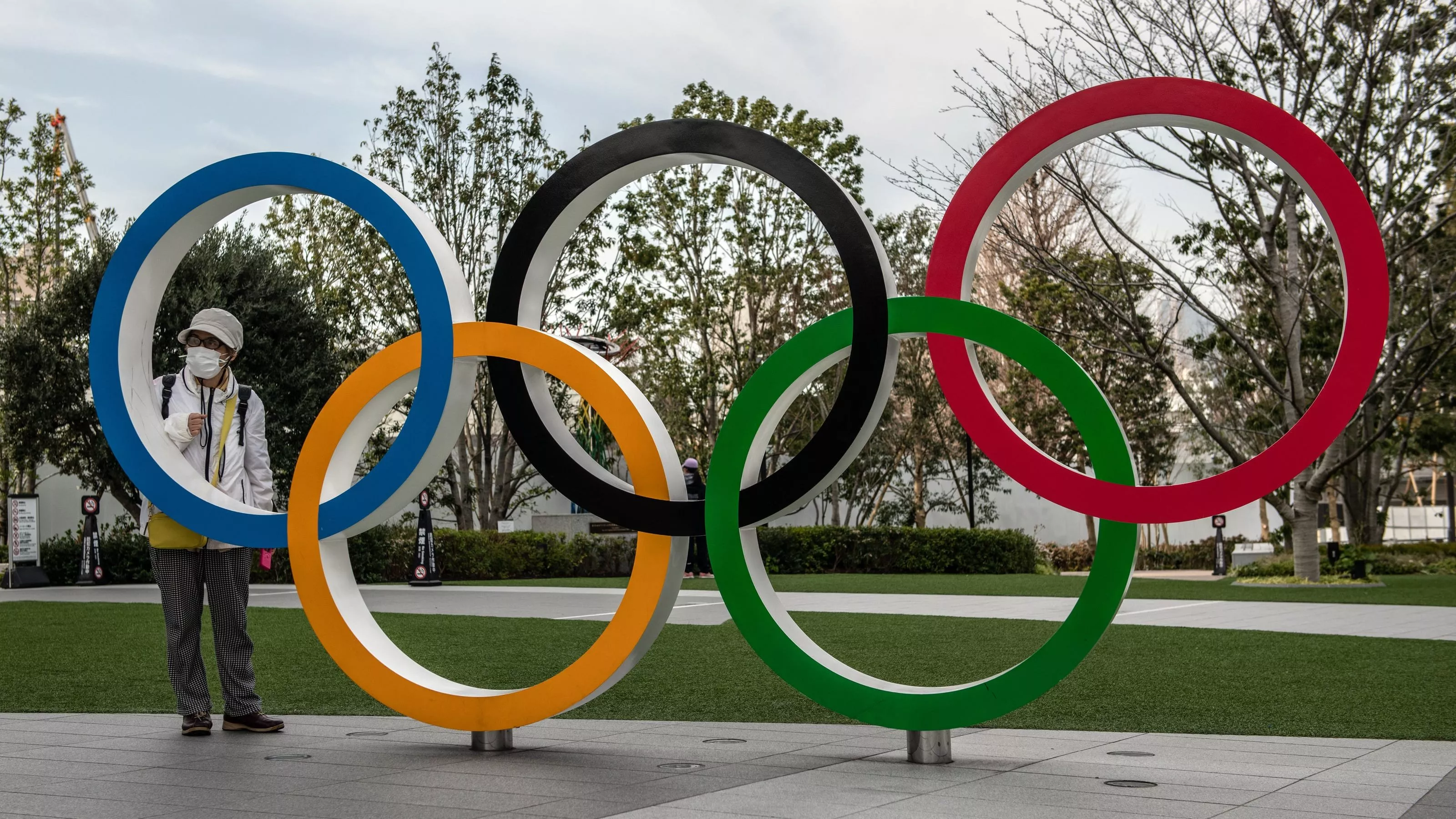IOC veteran Pound says Tokyo Games 'a go'
Longest serving member says he has his ticket ready for postponed 2020 Olympics
OTTAWA:The International Olympic Committee's longest serving member assured Thursday that the Tokyo Games are "a go," as IOC officials huddled with local organizers for online talks.
"There's nothing to indicate that there's an elephant in the room that we don't know about," Richard Pound told AFP two months before the scheduled start of the Games, which have already been pushed from last year due to the pandemic.
Japanese public sentiment is against the mega event, with polls showing a majority in the country want the Olympics delayed further or altogether cancelled.
"Based on everything we know today it's a go," Pound said, adding, "I have my ticket."
"If the host country (Japan) doesn't want to host, it doesn't host," he said, but added that the IOC ultimately retains "the power to cancel the Games if the conditions are dangerous enough."
Organisers have outlined extensive virus countermeasures to keep the Olympics safe, including barring overseas fans for the first time ever.
But with Japan battling a fourth wave of infections, doctors' associations have warned that the healthcare system is already overstretched and the Games could add further stress.
As currently planned, there will be less "celebratory stuff, the streets (won't be) filled with athletes and spectators and so on. The excitement of being in an Olympic city, that's going to be a lot more subdued," Pound said.
Athletes will be tested for Covid-19 at the Tokyo airport upon arrival and then effectively isolated at the Olympic village. After competing, they will be asked to quickly leave the country.
"It's not going to have all the frills and bells and whistles that we've come to expect," he said. "That kind of ambience is not going to be there."
But "there will be Olympic competitions and the athletes from all 206 countries are expected to participate."
Pound, a former Canadian swimming champion who later became the first president of the World Anti-Doping Agency, acknowledged the pushback in Japan against the Games, but downplayed its likelihood of forcing a cancellation.
He drew parallels with the 1984 Games in Los Angeles in which there were concerns "about how many Olympic athletes were going to die because of the smog," and a Zika virus outbreak prior to the 2016 Games in Rio de Janeiro.
"It was the wrong season and the wrong area (for Zika) but people still thought that Zika would decimate the crowds and the athletes," he said. In the end, no foreign visitors to the Rio Games contracted the virus.
"So you've got to expect some of that stuff and just persist through it," he said, adding that "communications could be better to try and reassure the public at large."


COMMENTS
Comments are moderated and generally will be posted if they are on-topic and not abusive.
For more information, please see our Comments FAQ